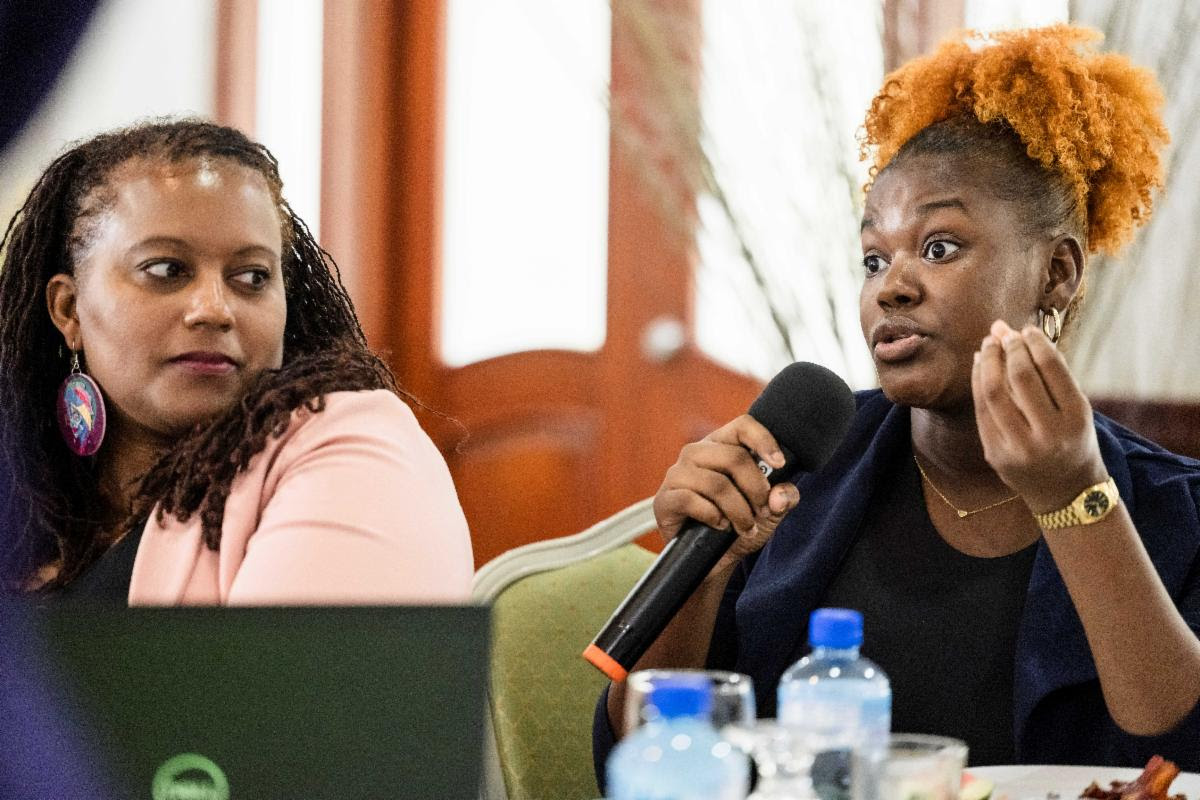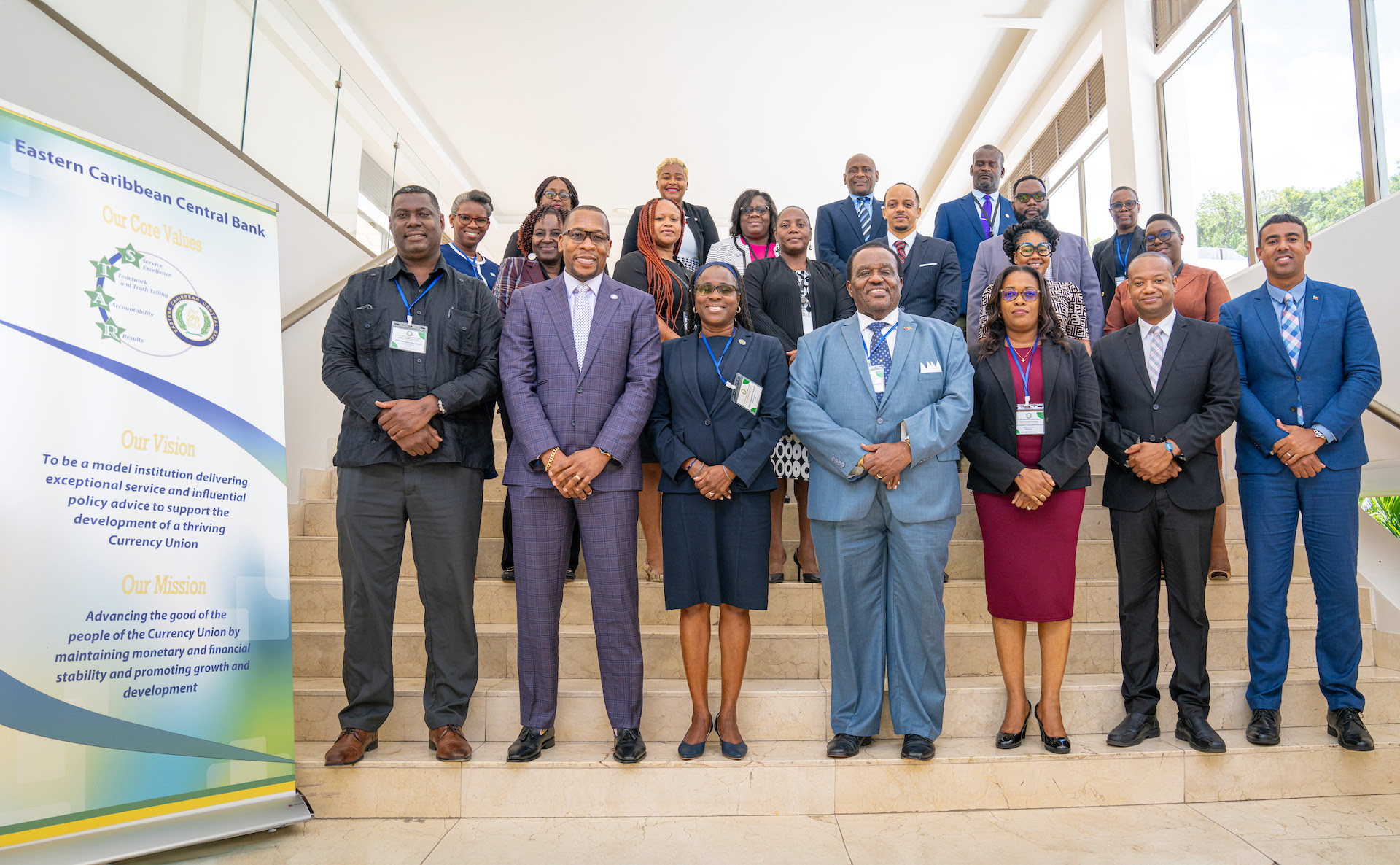By CNS Staff
PUNTA CANA, Dominican Republic, Nov 16 2016 – With 8 million people in the Caribbean still without access to electricity, a new project launched in the region on Wednesday, is aiming to help reduce that number, especially in rural communities.
The Co-Leader of the Smart Villages Initiative, Dr John Holmes said internationally, 3 billion people are still cooking on primitive stoves and “as a result 4.3 million people die prematurely each year through inhaling smoke and fumes.
“The reason we are doing this project is because this is an unacceptable situation to be in,” Dr Holmes declared.
He said the project was not only about finding creative ways to bring renewable energy to isolated rural villages but also to use the energy to create opportunities in areas of education, health and business among other areas.
“We are focusing on rural communities because that is where many of the problem still lie and where energy access is a priority” Holmes told delegates attending the international workshop organised by the Smart Villages Initiative and the Academy of Sciences of the Dominican Republic.
“At the end of the day what we need are more effective polices, regulations and interventions that will make village level energy for development happen,” Holmes added.
For the remainder of the workshop, delegates will discuss how renewable energy can play a major role in both rural development and enhancing the climatic resilience of off-grid communities in Central America, the Caribbean and Mexico.
According to Dr Bernie Jones, Co-Leader of the Smart Village Initiative: “Bringing sustainable energy to off-grid villages, and more importantly helping communities to make innovative and productive use of that energy, are major opportunities for driving rural development worldwide.”
He said that the combination of economic development and harnessing technology to provide key services, such as health, banking, and education, helps break down the inequality between urban and rural populations.
“Importantly for this region, the ability of such decentralised rural infrastructure and provision of services to make communities much more resilient to natural disasters and other shocks, should make the concept an even higher priority for rural leadership, businesses, government and NGOs,” Dr. Jones said.
“This forum aims to investigate the experience and opportunities in the Caribbean, Central America and Mexico, by facilitating the analysis and exchange of knowledge between the public sector, non-governmental organisations and the private sector.
“The Smart Villages Initiative is also able to contribute the experience and best-practice from our engagement in other regions worldwide.”




